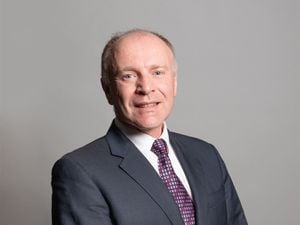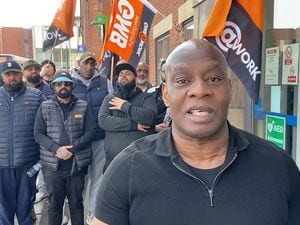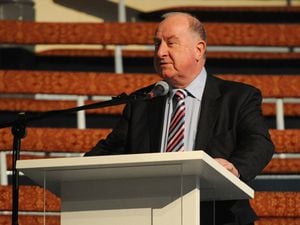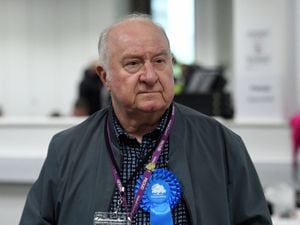Council leader says tax rise is necessary
The leader of Worcestershire County Council has said a council tax rise is essential to fund social care in the county, but says the increase will still be “one of the lowest in the country.”

Authority bosses have proposed increasing its share of council tax by two-and-a-half per cent next year – around £33 more for the average household – which they say is needed to help care for the county’s most vulnerable people.
The council’s cabinet backed the draft budget at a meeting on January 7, with a final decision due to be made in mid-February.
At a media briefing following Thursday’s cabinet meeting, Councillor Simon Geraghty, leader of Worcestershire County Council, said the proposed council tax increase was not something he wanted to do but it was necessary to ensure essential services were funded.
He said: “I totally understand that any rise in council tax is something that has to be carefully considered and is not something that any member of any political party really wants to do.
“But ultimately the services the most vulnerable people in society and those investments in things the public have said that they want to see improve have to be funded.”
Based on current estimates, the increase would see the county council’s share of council tax rise by around £33 extra next year for the average band D household, notwithstanding any other increases by district councils or police and fire service precepts.
Cabinet papers revealed a £26.5 million gap in its budget for the next year – almost three quarters of which is taken up by adult and children’s social care – but council bosses say the budget will be balanced.
“It is always a judgement call and a balance,” Councillor Geraghty added. “What I would say is that we try to keep council tax in Worcestershire as low as possible given the circumstances and we are in the lowest 25 per cent for all county councils for council tax.
“I think this rise, amongst county councils in the country, will be one of the lowest. What we have tried to do is balance that, wherever we can, against the pressures that people are going to face in their daily lives. I appreciate that finances are tight at the moment and they might be under even more pressure in the year.
“If we were to go much lower, we wouldn’t be funding those pressures in adult and children’s social care or tackling the things that people say they want.
“Firstly I think this would lead to us not being able to fulfil our statutory duties or it would mean frustration from the public because whilst they are paying extra in council tax they wouldn’t see any improvements in the services they say need improving – roads, pavements, congestion and flooding.”
By Christian Barnett





